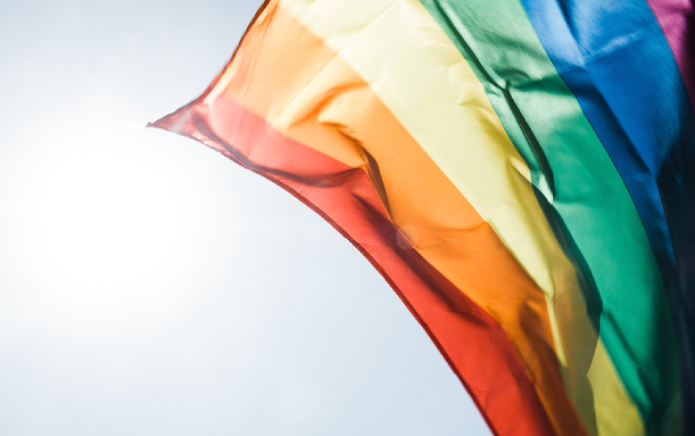Federal judge rules that teachers can out LGBTQ+ students to parents

In a massive blow to LGBTQIA+ rights, a federal judge has ruled that teachers can out queer and trans students to their parents.
Back in April 2023, two middle school teachers from the Escondido Union School District sued the district, the California State Board, and a handful of educational officials over a policy protecting LGBTQIA+ students.
Under the guidance in question, which has since been withdrawn, teachers and school staff were instructed to recognise a student’s gender identity changes and desired pronouns. It also prohibited disclosing students’ identities to their parents or guardians without their consent.
In the suit, the two teachers alleged that the policy violated their free speech and religious beliefs
After nearly a two-year legal battle, which included the case being converted to a class-action suit, US District Judge Roger Benitez ruled in favour of the plaintiffs on 23 December.
Under the order, employees in the California statewide education system are prohibited from “misleading the parent or guardian of a minor child in the education system about their child’s gender presentation at school.”
This includes “directly lying” to the student’s parent or guardian, preventing the parent or guardian from accessing the student’s educational records, and using “a different set of preferred pronouns/names when speaking with the parents than is being used at school.”
Shortly after Judge Benitez’s ruling, the state filed an appeal with the 9th Circuit Court of Appeals.

“A stay pending appeal – and at a minimum a brief stay to seek relief from the Court of Appeals – is warranted in this case,” the state wrote in the request.
“The Court has issued a statewide injunction that abruptly enjoins State Defendants from enforcing long-standing state laws that protect vulnerable transgender and gender nonconforming students.
“If the Orders are allowed to stay in effect before the Court of Appeals has a chance to review them, they would irrevocably alter the status quo and will create chaos and confusion among students, parents, teachers, and staff at California’s public schools.”
At the start of the month, the appeals court granted the state a short-term administrative stay of ruling, per Education Week.
The recent development comes more than a year after California Governor Gavin Newsom signed the LGBTQIA+ inclusive SAFETY Act into law, which stops school districts from requiring staff to share information about a student’s sexual orientation or gender identity to parents.

It also protects teachers and other school employees from retaliation, like being fired, if they choose not to out a student’s sexuality or gender identity to parents.
Over the last few days, LGBTQIA+ advocates and organisations have called out Judge Benitez’s rulling.
Christine Parker, senior staff attorney with the Gender, Sexuality, and Reproductive Justice Project at the ACLU Foundation of Southern California, said: “This decision denies the realities the California Legislature recognised when it adopted the SAFETY Act last year, and the Student Success and Opportunity Act back in 2013, to help ensure all students feel safe and respected at school, even if they are not ready or able to be out at home or are navigating a less-than-supportive family dynamic.
“A culture of outing harms everyone—students, families, and school staff alike—by removing opportunities to build trust. LGBTQ+ students deserve to decide on their own terms if, when, and how to come out, and to be able to be themselves at school.”
The California Legislative LGBTQ Caucus echoed similar sentiments in a statement posted to their website.
“The California Legislative LGBTQ Caucus strongly condemns the recent ruling by Judge Benitez in Mirabelli v. Olson. While the decision formally addresses a narrow Escondido Union School District policy, it deliberately injects confusion into the public understanding of the SAFETY Act (AB 1955) and signals an alarming willingness to undermine long-standing constitutional rights to privacy and nondiscrimination protections across California law,” the group wrote.
